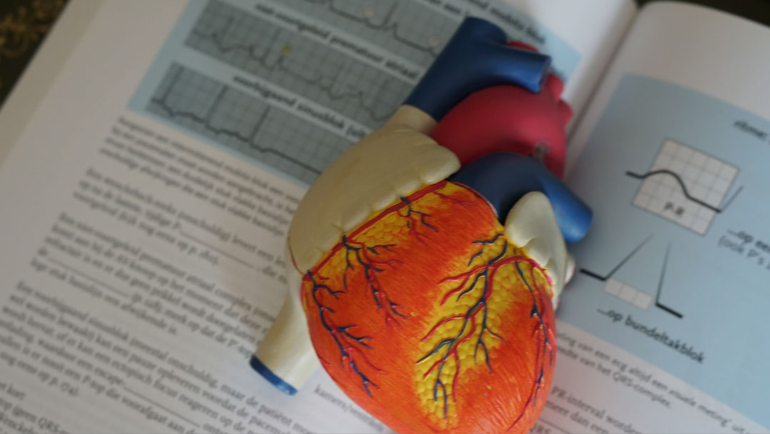
Barth syndrome (BTHS) is a rare and life-threatening, X-linked genetic disorder that primarily affects males and is passed from mother to son; women who are carriers do not show symptoms of the disorder. Fifty percent of children born to a mother who is a carrier will inherit the defective gene, and all daughters born to an affected man will be carriers. BTHS is caused by a mutation in the tafazzin gene that results in decreased production of cardiolipin, an essential lipid for energy metabolism.
A team from Wayne State University, led by Miriam Greenberg, Ph.D., professor of biological sciences in the College of Liberal Arts and Sciences, recently received a grant from the National Heart, Lung, and Blood Institute of the National Institutes of Health to work on potential new targets for treating Barth syndrome. The four-year, nearly $1.5 million award, “The role of cardiolipin in the TCA (tricarboxylic acid) cycle: Implications for Barth syndrome,” aims to identify specific metabolites as candidate for new treatments for Barth syndrome and other cardiomyopathies.
According to Greenberg, BTHS causes numerous pathologies, including cardiomyopathy, a disorder of the heart muscle; neutropenia, a reduction in the number of white blood cells; hypotonia, reduced muscle tone; undeveloped skeletal muscles and muscle weakness; delayed growth; decreased stamina; physical disability; and methylglutaconic aciduria, an increase in an organic acid that is characteristic of abnormal mitochondrial function.
Greenberg and her team aim to create a new model of Barth syndrome pathogenesis by elucidating mechanisms where cardiolipin regulates the TCA cycle and intermediary metabolism.
“We aim to reveal a new direction for BTHS treatment based on activation of PDH and/or supplementation of deficient metabolites,” said Greenberg. “The outcome of our study may reveal a new direction for Barth syndrome treatment based on supplementation of deficient metabolites.”
The grant number for this National Institutes of Health award is R01 HL 117880.
Wayne State University is one of the nation’s pre-eminent public research institutions in an urban setting. Through its multidisciplinary approach to research and education, and its ongoing collaboration with government, industry and other institutions, the university seeks to enhance economic growth and improve the quality of life in the city of Detroit, the state of Michigan and throughout the world. For more information about research at Wayne State University, visit http://www.research.wayne.edu.
